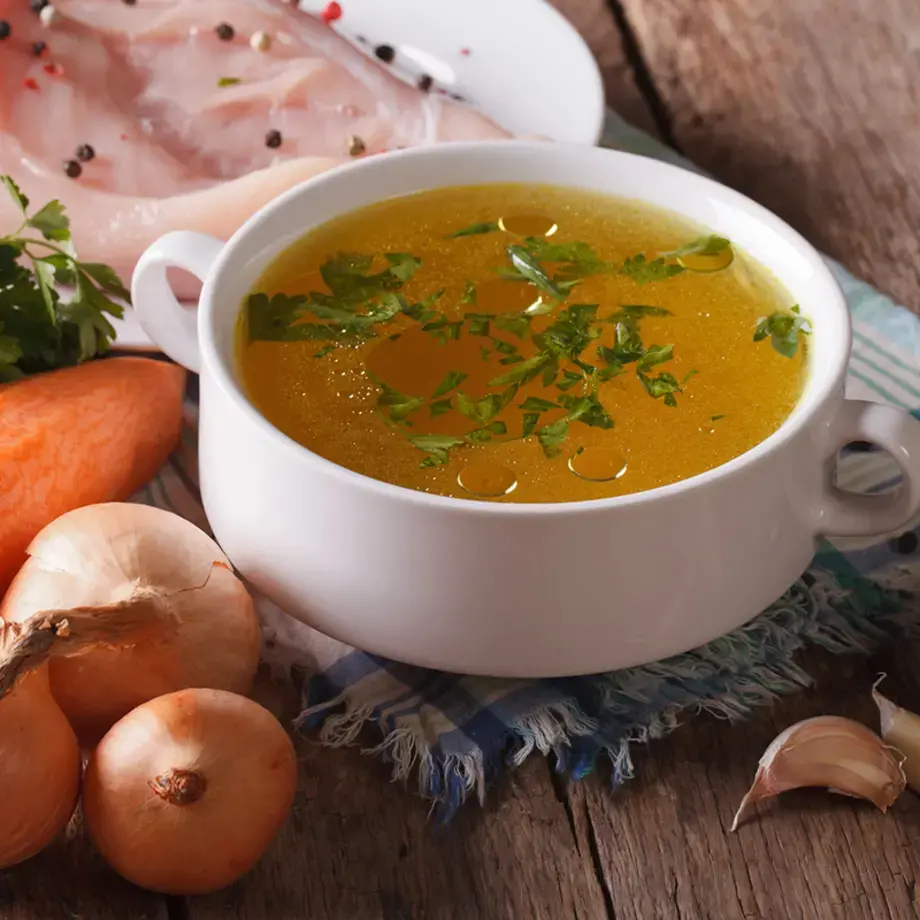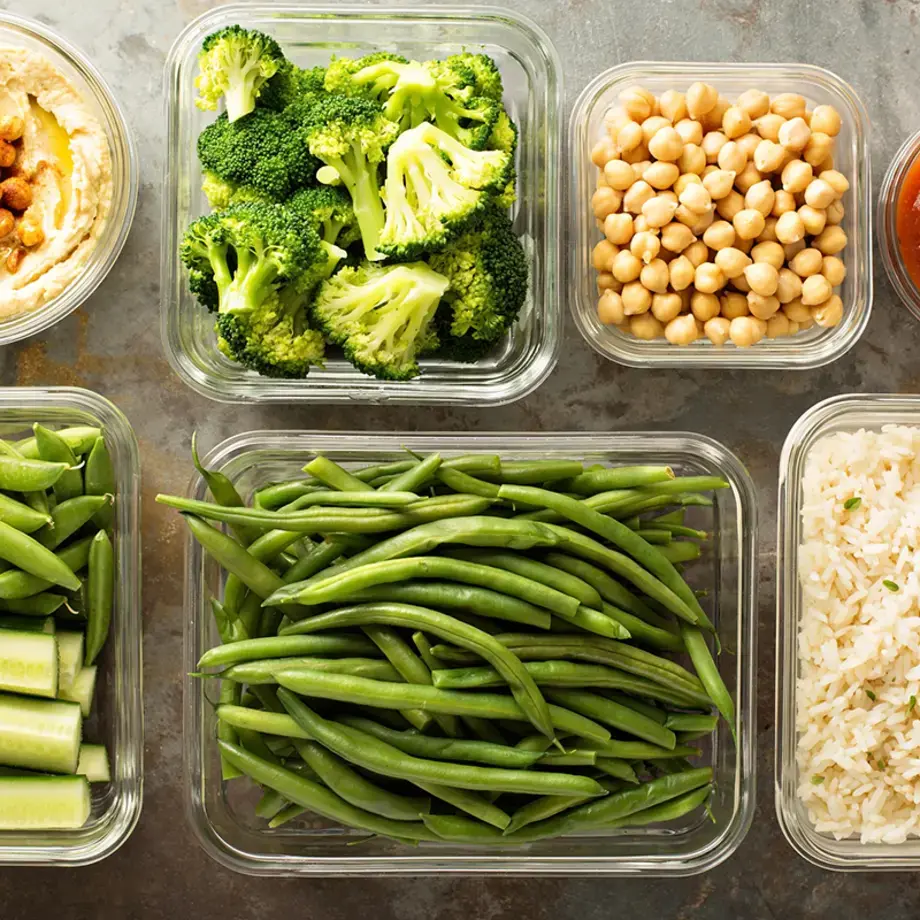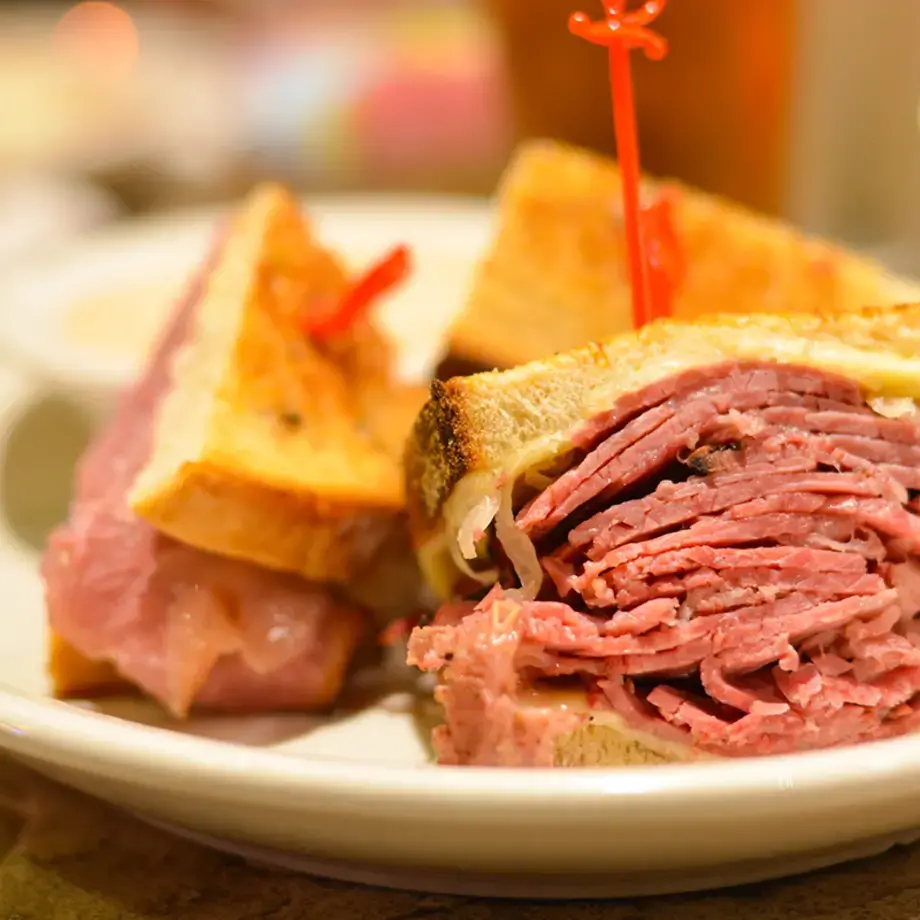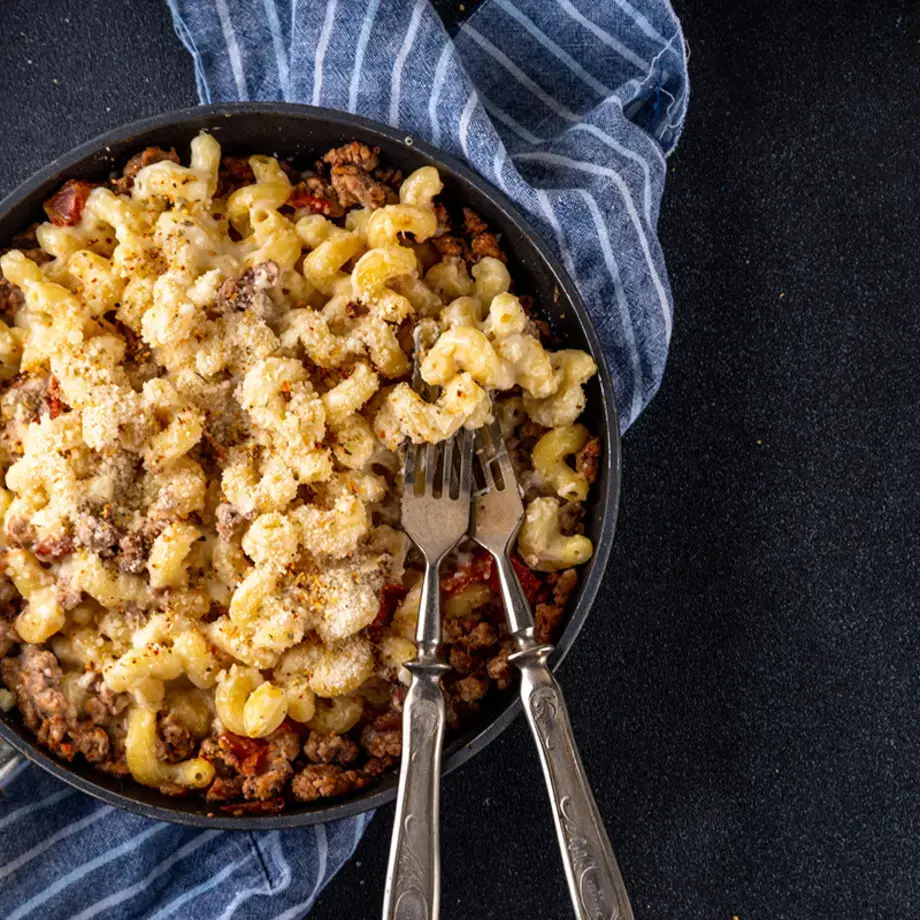If you’re looking for a tasty snack that doesn’t involve loading up on chips and candy, sunflower seeds are often seen as a healthy alternative. But just how healthy are they? Find out more about the potential health benefits of sunflower seeds, and how best to eat them.

Photo: iStock
Sunflower Seeds: Are They Good for Your Health?

Sunflower seeds are packed with nutrients, with a mere 30 gram serving providing 13% of your daily value for protein, as well as 11% for dietary fibre. The same serving size contains impressive quantities of vitamins and minerals, as you can see from the table below:
Vitamin E: 37% of the DV
Niacin: 10% of the DV
Vitamin B6: 11% of the DV
Folate: 17% of the DV
Pantothenic acid: 20% of the DV
Iron: 6% of the DV
Magnesium: 9% of the DV
Zinc: 10% of the DV
Copper: 26% of the DV
Manganese: 30% of the DV
Selenium: 32% of the DV
Sunflower seeds are also quite calorific, with 163 calories in just 30 grams, 51% of which are made up of fat. Because of this, it’s best to avoid eating them in very large quantities, especially if you’re watching your weight. Eaten in moderation, however, the fats found in sunflower seeds can have a positive effect on your health, and may be particularly good for your heart.
Benefits
With so many nutrients packed into one small serving, sunflower seeds have plenty of potential health benefits.

Reducing inflammation
While inflammation is a natural biological reaction, chronic inflammation can cause premature ageing, leading to an increased risk of age-related illnesses like diabetes, Alzheimer's, heart disease and cancer. Studies suggest that eating sunflower seeds can reduce inflammation, and it is thought that this may be due to a combination of high vitamin E content and beneficial plant compounds known as flavonoids.
Maintaining healthy blood pressure
Vitamin E and linoleic acid, another compound found in sunflower seeds, can cause the blood vessels to relax, lowering blood pressure, and reducing the risk of heart disease.
May help to manage blood sugar
There is some evidence to suggest that eating sunflower seeds every day can help lower fasting blood sugar in people with type 2 diabetes, while eating them with high-carb foods may slow the rate at which they release their energy.
Lowering cholesterol
Eating sunflower seeds is also thought to lower ‘bad’ LDL cholesterol, another risk factor for heart disease.
Maintaining a healthy immune system
Sunflower seeds are a good source of selenium and zinc, both of which are important for maintaining a healthy immune system. Zinc helps create and maintain immune cells, while selenium helps fight infection and boost immunity.
Boosting energy levels
As a high-protein food, sunflower seeds are a great source of energy, while vitamin B1 (thiamin) helps your body to convert food into energy, and selenium can increase blood flow, thus moving oxygen around your body more efficiently.
Raw or roasted?
Most nuts or seeds are available either raw or roasted, and sunflower seeds are no different. They have a mild, nutty flavour that is enhanced by roasting, but this can affect their nutrient content. Roasted seeds tend to be lower in antioxidants, vitamins and healthy fats, but the good news is that you can keep nutrient loss to a minimum by roasting them low and slow. Buy your seeds raw and roast them yourself so you can control the temperature. For best results, cook on a medium- low temperature of 284°F (140°C) for 15 minutes.
Plain or salted?
Salty snacks may be tempting, but too much salt can cause high blood pressure and an increased risk of heart attacks, strokes, kidney problems and osteoporosis. A little salt now and again is fine, but plain seeds are by far the healthier option.

Shelled or not?
Sunflower seeds have an outer casing, or shell, which is very tough and difficult to chew. Eating sunflower seeds with the shells removed is much more pleasant than leaving them on, and in this case the tastiest option is also the healthiest. Sunflower seed shells are largely indigestible and often sharp, and they may cause blockages in your intestines or even tear them. Swallowing a small piece is unlikely to do any harm, but you should never try to gnaw your way through an entire shell.
How to eat them

Sunflower seeds are great eaten by themselves as a tasty and nutritious snack, but they are also great for adding texture to some of your favourite recipes. Here are some of the ways you can include more of this healthy seed in your diet:
- Scatter some over a salad or soup
- Mix them into your oatmeal or porridge
- Add to some trail mix.
- Sprinkle over stir-fry or roasted vegetables
- Use them in veggie burgers and nut roasts
- Swap your peanut butter for sunflower butter
- Swap your cooking oil for sunflower oil.
Discover more about the nutritious world of seeds with our guide to 7 healthy edible seeds.






